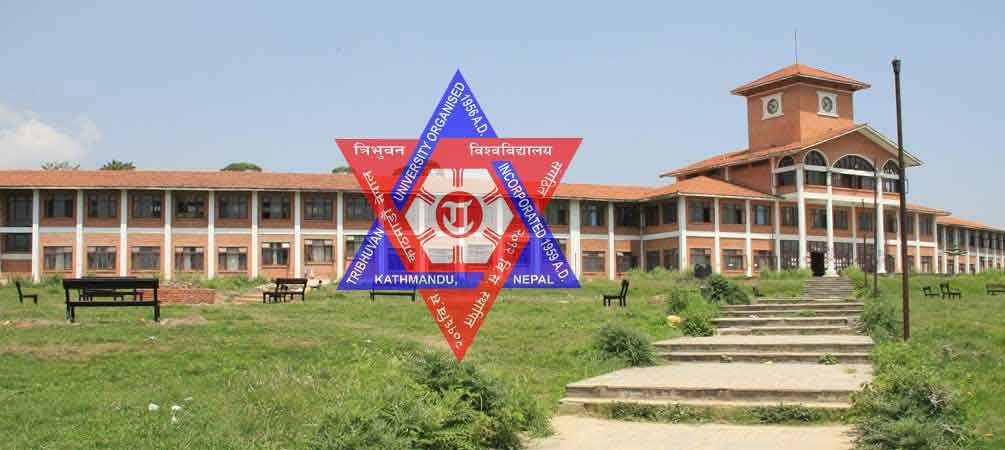
Tribhuvan University Revamps Teacher Education with New Post-Graduate Diploma Program
In a significant educational reform, Tribhuvan University (TU) in Nepal has introduced a new academic initiative aimed at enhancing school-level education. This development marks a shift from traditional methods, embracing a more contemporary approach to teacher training.
Cancellation of One-Year BEd Program
- The University Faculty of Education at TU has discontinued its longstanding one-year Bachelor of Education (BEd) program.
- This decision reflects the program's decreasing effectiveness in meeting current educational demands.
Introduction of Three-Semester Post-Graduate Diploma in Education
- In place of the BEd, TU has launched a three-semester Post-graduate Diploma (PGD) in Education course.
- The new curriculum is designed to align with modern teaching needs and methodologies.
Response to Government Investigation
- A government inquiry found that the existing teacher training under the Education Act 2028 was not adequately preparing teachers for contemporary classroom challenges.
- TU's new PGD program is a direct response to these findings, aiming to equip teachers with relevant skills and knowledge.
Diverse Range of Subjects
- The post-graduate diploma offers specializations in subjects such as Science, English, Nepali, Mathematics, Social Education, Health and Physical Education, Population Education, and ICT.
- This variety ensures that future educators are well-rounded and capable of teaching across a spectrum of disciplines.
Selective Implementation and Important Dates
- Initially, only 13 Constituent Colleges of TU will implement the new program.
- Key dates include an application deadline on 2080/10/11, an entrance exam on 2080/10/14, and the commencement of classes from 2080/10/21.
Implications for Future Education in Nepal
This educational reform by Tribhuvan University signifies a progressive step in Nepal's academic landscape. By updating its teacher training program, TU is setting a precedent for quality education, ensuring that future educators are not only knowledgeable but also adaptable to the evolving demands of modern classrooms. This initiative is expected to positively impact school-level education, contributing to the development of a more dynamic and effective learning environment for students in Nepal.
-Admission-Open-at-Tribhuvan-University.png)





